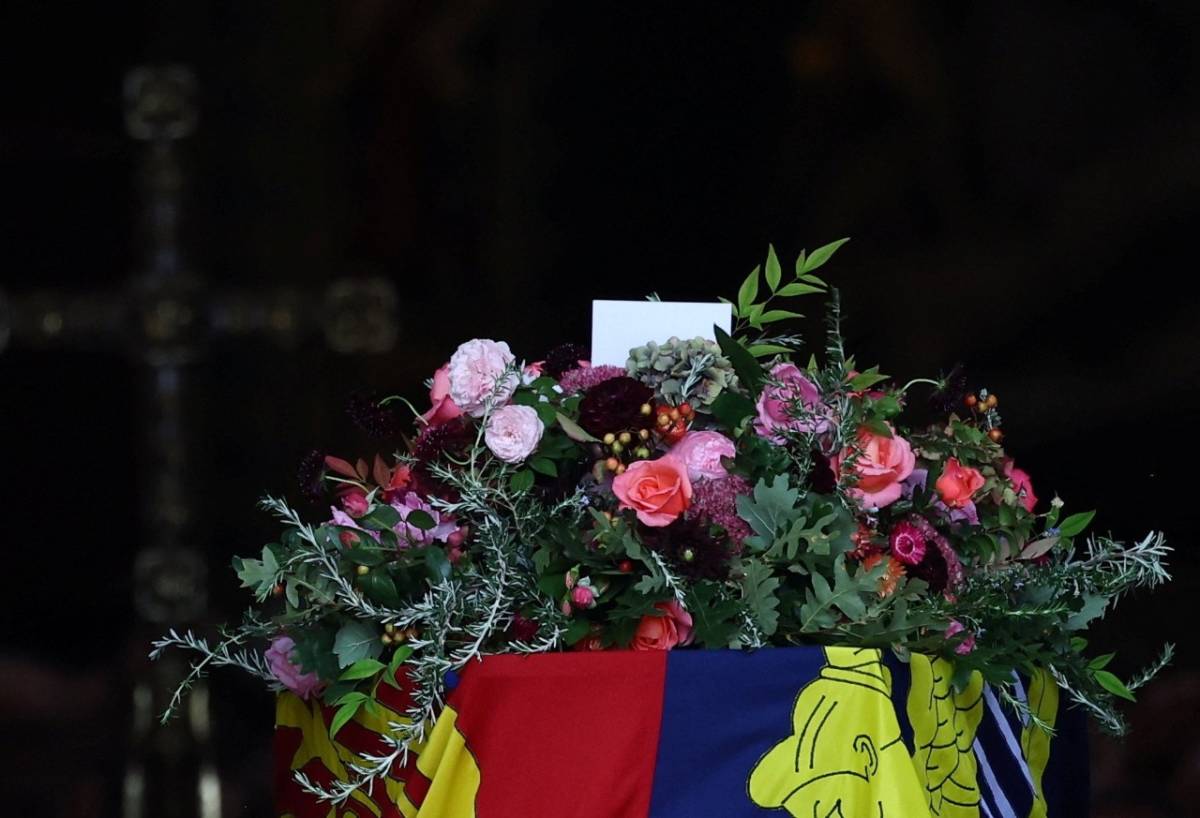Barely days into King Charles III’s reign, murmurs of a mass exodus from the Commonwealth club are already stalking the new king…reports Asian Lite News
Commonwealth nations could “rush for the door” of the bloc after the death of Queen Elizabeth II, an expert has warned. In addition to the UK, Charles III now rules in 14 Commonwealth countries that were former dominions of the British Empire.
But barely days into King Charles III’s reign, murmurs of a mass exodus from the Commonwealth club are already stalking the new king. Professor Philip Murphy, the former director of the Institute of Commonwealth Studies, has argued that several countries in the Commonwealth could make “a rush for the door” over the coming years. Will Charles oversee the final disintegration of this remnant of empire?
“A movement had already started before she died,” he said. He added that it was being driven by “a combination of things like the Black Lives Matter movement, the Windrush scandal and the growing momentum behind the move for reparations for slavery and colonialism. If you want to write a history of the world of international relations, certainly since the 1990s, you would be hard pressed to find a reason to mention the Commonwealth. The Commonwealth is so insubstantial it doesn’t have any impact at all, and no one would notice if it disappeared tomorrow, in terms of its practical effects,” Professor Murphy said.
To think about the Commonwealth’s place in the modern world, it is important to consider what the institution is. The transition from the British Empire to Commonwealth implied that the hierarchy between Britain and its colonies would dissipate with independence. Now each state would be equal to each, sharing sovereignty, status, and wealth in common. But older divisions of geography, race, and economic power continued to slice through this “family of nations.”
Think of the differences in movement and access enjoyed by the different people of the Commonwealth. In 1962, the Commonwealth Immigration Act was passed by the Conservative government, which ended the automatic right of people from the British colonies and Commonwealth to settle in the UK.
Though it made all Commonwealth citizens subject to possible immigration control, the target of this law was not white people coming from New Zealand or Australia. Conservative Home Secretary Rab Butler said that the act’s “great merit” was that it looked like it would apply to all parts of the Commonwealth, when in reality its “restrictive effect is intended to, and would in fact, operate on coloured people almost exclusively.”
Commonwealth migration came to mean only people migrating from Africa, South Asia, or the Caribbean, not places like Canada, and was discussed by Conservative politicians as a new specter haunting Britain. Enoch Powell, a prominent Conservative member of Parliament, argued that this migration would give rise to “rivers of blood” flowing across the nation, and in his wake, Margaret Thatcher described her fear that with increasing Commonwealth migration, Britain was being “swamped by people with a different culture.” This was not the rhetoric with which the queen liked to suggest that the people of Nigeria, Sri Lanka, or Trinidad and Tobago were family.
With republican movements gaining ground from Australia to the Bahamas, the new king also faces a challenge keeping the Commonwealth realms in the royal fold, the report said.
Several are already set to vote on becoming republics and replace him as head of state now that nostalgic ties to the late monarch are broken by her death.
Barbados became a republic last year and Jamaica has indicated its desire to follow suit. Antigua and Barbuda’s prime minister Gaston Browne said it would vote on whether to remove the royal family as head of state.
As well as the UK, Charles is now head of state in Antigua and Barbuda, Australia, The Bahamas, Belize, Canada, Grenada, Jamaica, New Zealand, Papua New Guinea, Saint Kitts and Nevis, Saint Lucia, Saint Vincent and the Grenadines, Solomon Islands, and Tuvalu.

Even today, in ostensibly independent countries like Jamaica and the Bahamas, if you have a legal dispute, in theory your final hope of resolving it will be a direct appeal to King Charles III. This functional, legal element of the legacy of British rule across some territories of the Commonwealth shows that the questions being asked in this debate concern more that the “symbolic” role of the monarchy.
The change in monarch comes at an auspicious time for the Commonwealth, as a number of countries—including Jamaica and Australia—had already been making moves toward removing the queen as head of state, and these calls are likely only to grow now she is being succeeded by her less popular son. Barbados already transitioned into a parliamentary republic in 2021, lighting the way for other Caribbean countries that want to follow in its wake. As the protests that greeted Prince William and his wife, Kate, on their tour of the region showed, republican feelings are very much on the rise in the once trusty British West Indies. Meanwhile, much of the British public has only a vague idea of what the Commonwealth actually is. In the past, polls have shown that one in five Brits couldn’t name a single Commonwealth country when asked. Not Jamaica, not India, not even Australia.
ALSO READ-Commonwealth’s future at stake after Queen’s death

